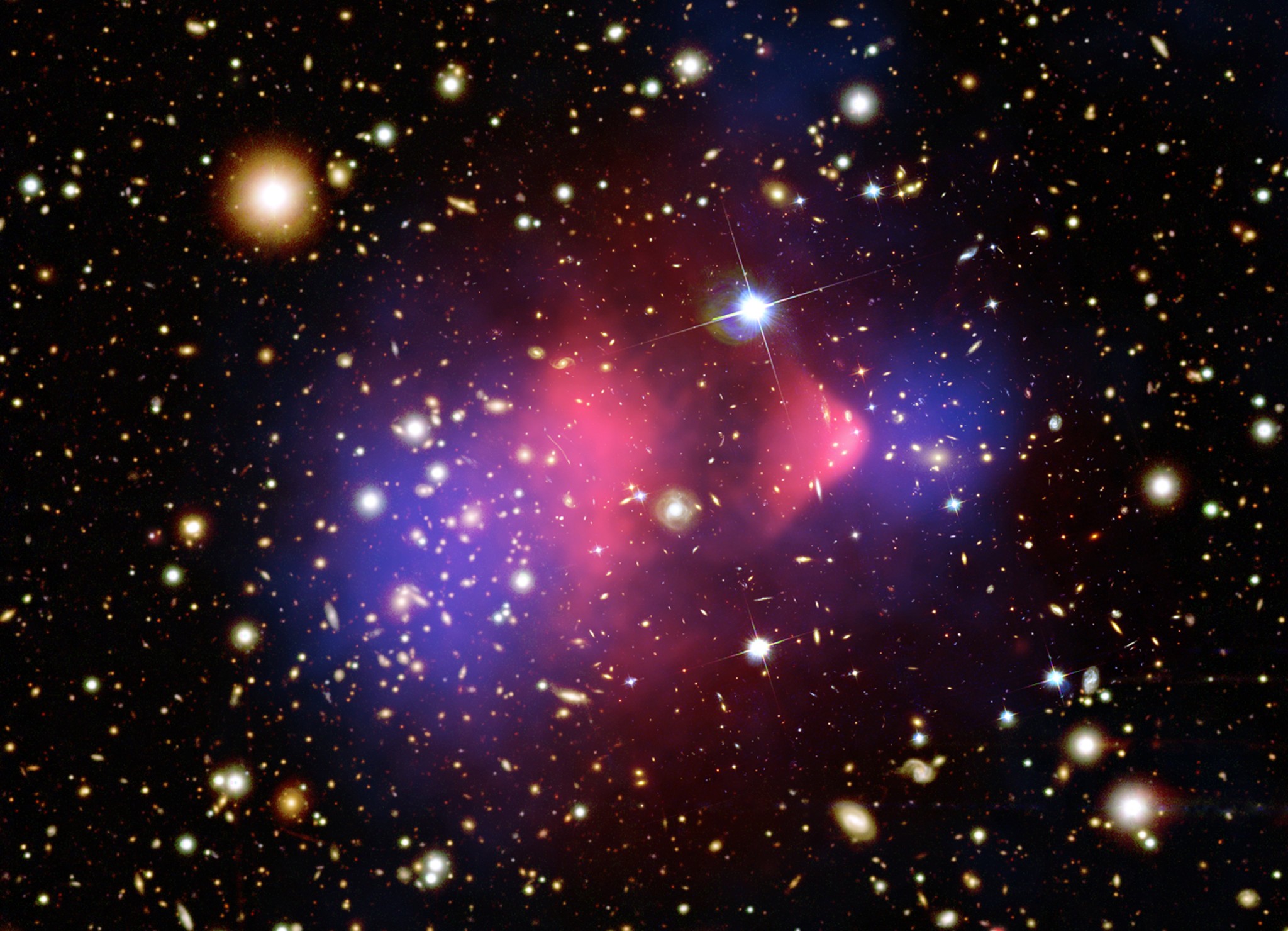Link
More at the link. Very fascinating stuff!
Could there finally be tangible evidence for the existence of dark matter in the Universe? After sifting through reams of X-ray data, scientists in EPFL's Laboratory of Particle Physics and Cosmology (LPPC) and Leiden University believe they could have identified the signal of a particle of dark matter. This substance, which up to now has been purely hypothetical, is run by none of the standard models of physics other than through the gravitational force.
Their research will be published next week in Physical Review Letters.
When physicists study the dynamics of galaxies and the movement of stars, they are confronted with a mystery. If they only take visible matter into account, their equations simply don't add up: the elements that can be observed are not sufficient to explain the rotation of objects and the existing gravitational forces. There is something missing. From this they deduced that there must be an invisible kind of matter that does not interact with light, but does, as a whole, interact by means of the gravitational force. Called "dark matter", this substance appears to make up at least 80% of the Universe.
Two groups have recently announced that they have detected the much sought after signal. One of them, led by EPFL scientists Oleg Ruchayskiy and Alexey Boyarsky, also a professor at Leiden University in the Netherlands, found it by analyzing X-rays emitted by two celestial objects - the Perseus galaxy cluster and the Andromeda galaxy. After having collected thousands of signals from the ESA's XMM-Newton telescope and eliminated all those coming from known particles and atoms, they detected an anomaly that, even considering the possibility of instrument or measurement error, caught their attention.
More at the link. Very fascinating stuff!



